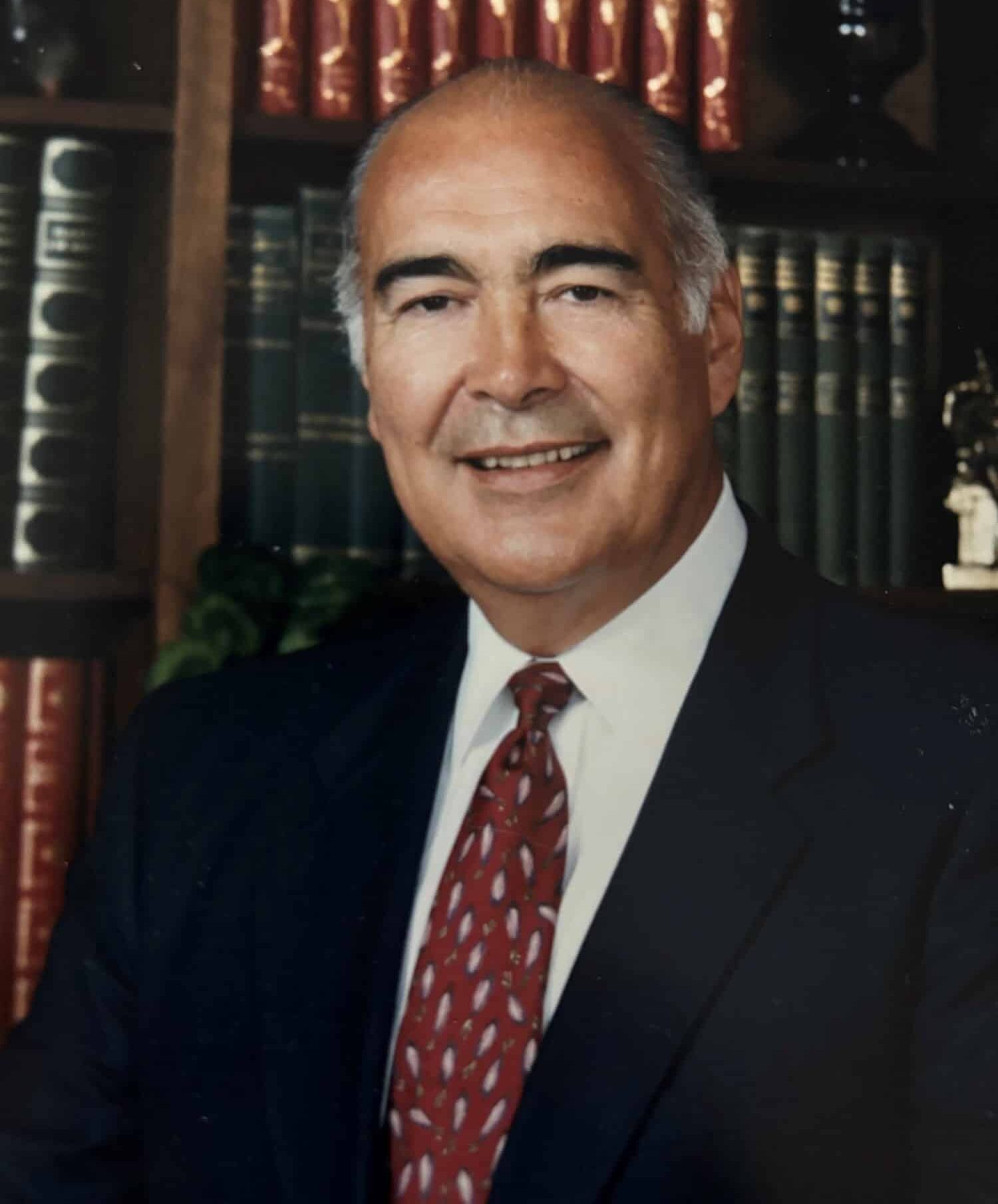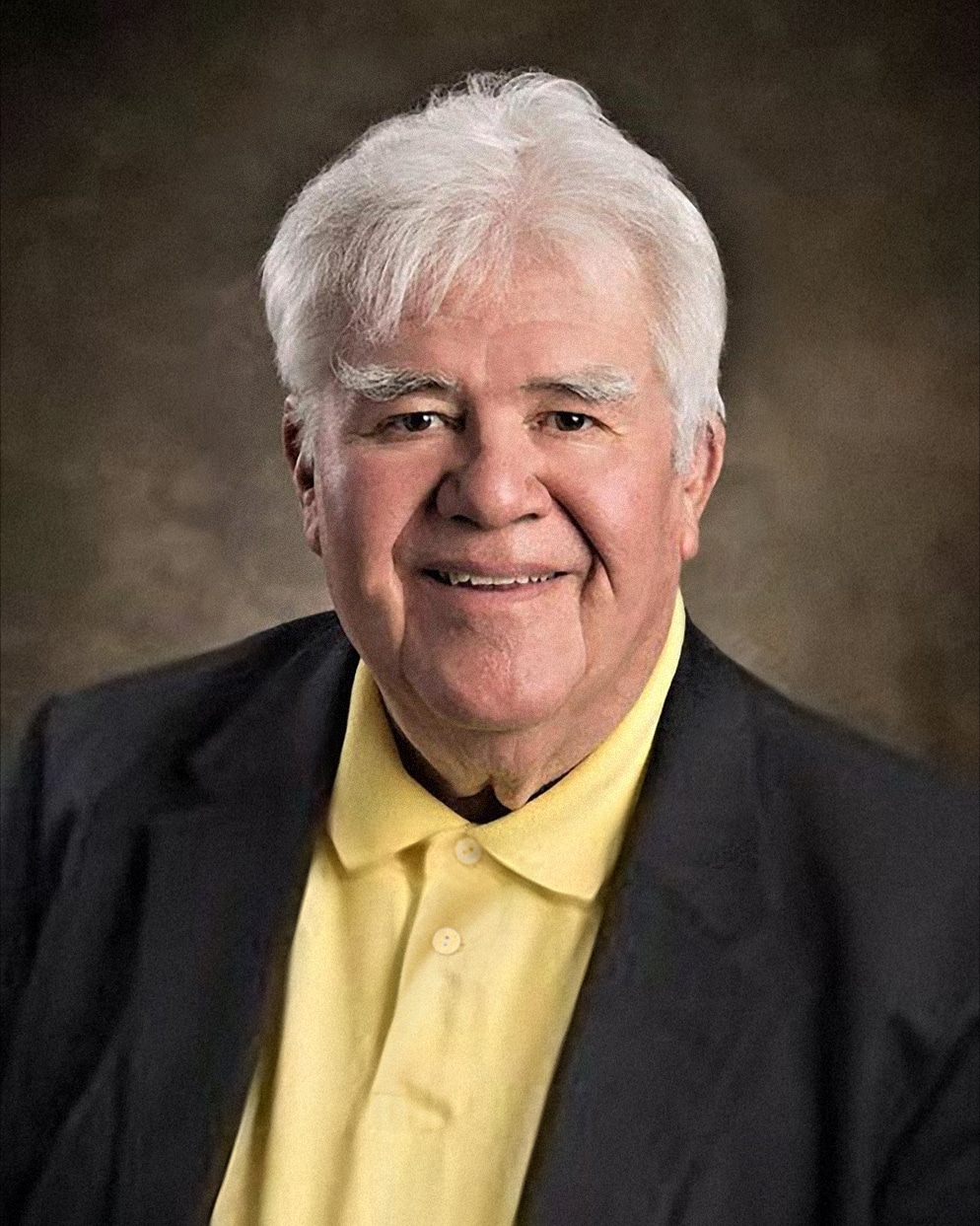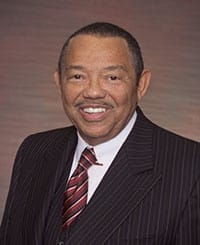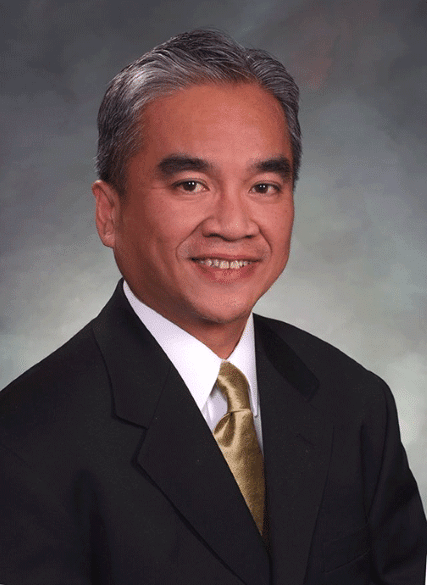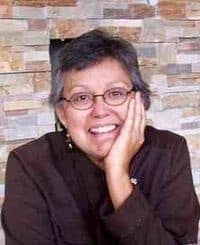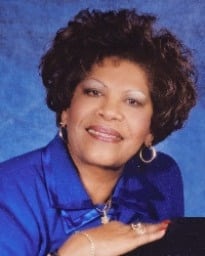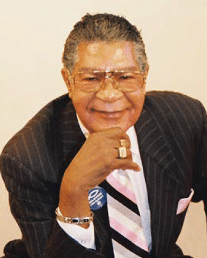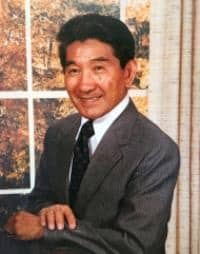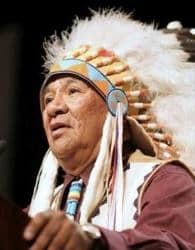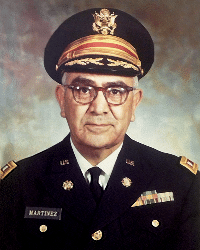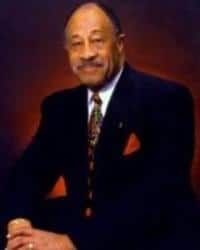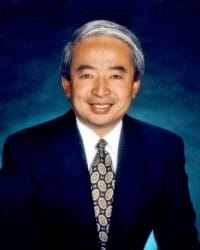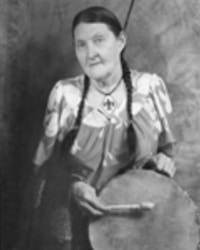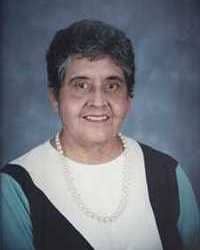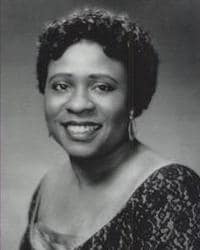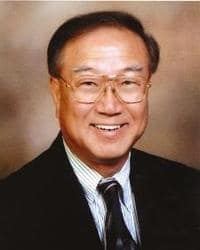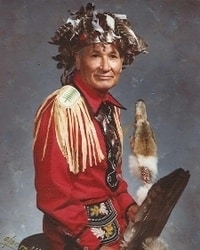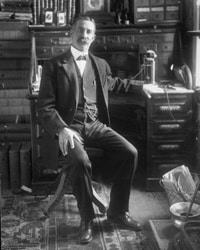Milton E. Proby Induction Ceremony
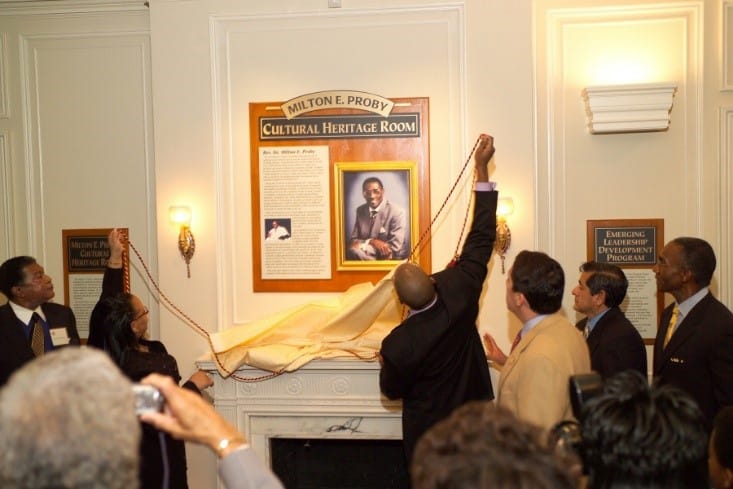
History of the Room and Ceremony
In 2006, as an initiative of Elevating Leadership Development, El Pomar established the Milton E. Proby Cultural Heritage Room at Penrose House. Named for the beloved Rev. Dr. Milton E. Proby, the room is dedicated to preserving and documenting the contributions of African American/Black, Asian Pacific Islander, Hispanic/Latino, and Native American individuals from Southern Colorado. Each year a member of one of these communities is inducted into the Milton E. Proby group of honorees and is celebrated at an annual Induction Ceremony, which honors the legacy left behind by these individuals who embodied the ideals of civic involvement and leadership.
The Milton E. Proby Cultural Heritage Room is one of Penrose House Conference Center’s meeting spaces.
2024 Milton E. Proby Inductee - Gene A. Keluche
The 2024 induction ceremony honored and memorialized the contributions of a member from the Native American community in Southern Colorado – Gene A. Keluche.
Watch the video to learn more about the impact Mr. Keluche had in the Pikes Peak Region.
- Must have lived in Southeastern Colorado and made a civic impact in the designated area between 1876 (when Colorado was founded) to present. Southeastern Colorado is currently defined from the northern border of El Paso/Teller County to the southern Colorado state border; from the western border of Walsenburg to the Eastern state border.
- Person nominated must be no longer living. Honoree induction is posthumous.
- Contributions must be civic based, inclusive of major monetary gifts.
2025 Milton E. Proby Nominations are Closed
Nominations for the 2025 Asian Pacific Islander Milton E. Proby Inductee are now closed.
Milton E. Proby Nominations – Nominations for Asian, African American, Hispanic/Latino, and Native American candidates are accepted on an ongoing basis.”
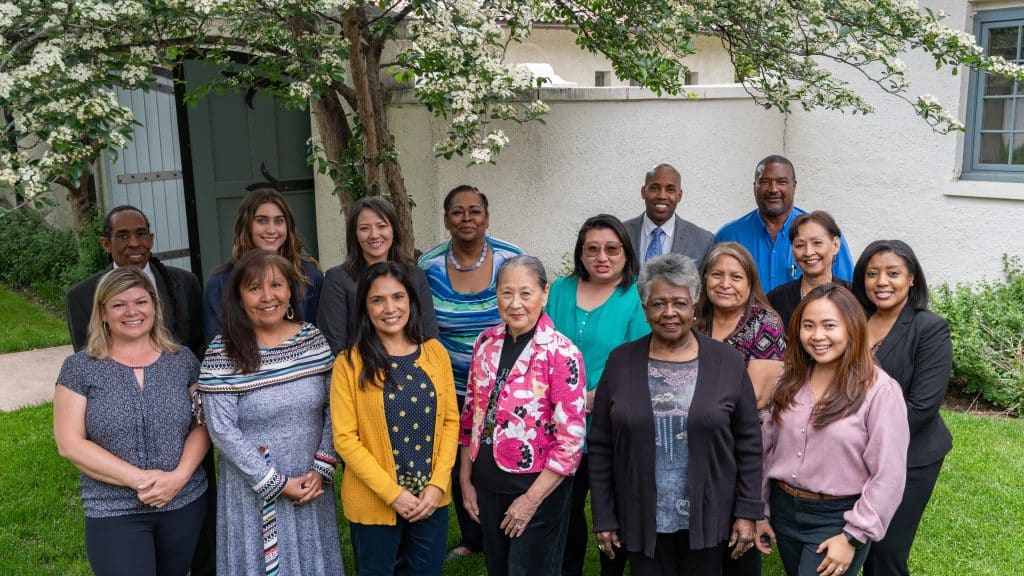
About Rev. Dr. Milton E. Proby
Rev. Dr. Milton E. Proby (1929-2005) was one of the first civil rights leaders to have profound influence in the campaign for equality in southern Colorado. Reverend Dr. Proby dedicated his life to uplifting racial relations and serving the needs of the poor in Colorado Springs. As senior pastor of St. John’s Baptist Church from 1958 until his death in May 2005, Rev. Dr. Proby was a powerful and positive influence in southern Colorado. Inspired by the words of his friend Dr. Martin Luther King, Jr., Rev. Dr. Proby worked diligently to bring the dream, “that we will be able to transform the jangling discords of our nation into a beautiful symphony of brotherhood,” to reality.
- During his 47 years in Colorado Springs, Rev. Dr. Proby actively championed the cause of all people facing issues of inequality and injustice in southern Colorado. As special adviser to three Colorado governors and a founding member of both Colorado’s Civil Rights Commission and the Colorado Springs Human Relations Commission, Rev. Dr. Proby dedicated his life to uplifting racial relations.
- His dedication to justice extended to issues of hunger and poverty as well as culture and race. In 1988, Rev. Dr. Proby founded the St John’s Food Bank, which continues to feed thousands of people throughout the city. Before becoming the voice of the civil rights in Colorado Springs, he served six years in the United States Army, and acted as a civilian liaison to commanding generals at Fort Carson, the Air Force Academy, and Peterson Air Force Base.
- In recognition of his commitment and St. John’s service to Colorado Springs, Rev. Dr. Proby received numerous awards and public recognitions from civic and governmental organizations. In 2003, he was named a “Living Legend” by the local chapter of the National Association for the Advancement of Colored People (NAACP) and named one of the “Most Influential People” in Colorado by The Gazette. In 2004, Colorado College presented him with the Community Diversity Award, and the El Paso County Bar Association granted him special recognition. Rev. Dr. Milton E. Proby was honored nationally when the United States Government flew the flag over the Capitol in honor of his contributions to creating an equal society.
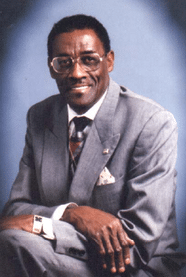
Meet the Inductees
